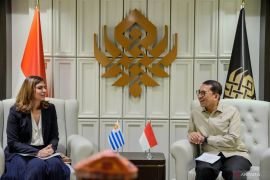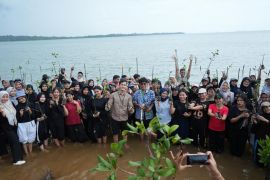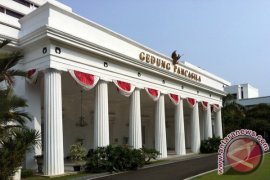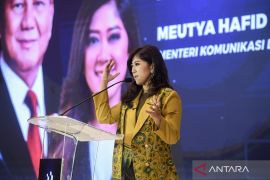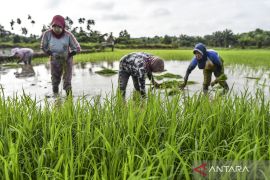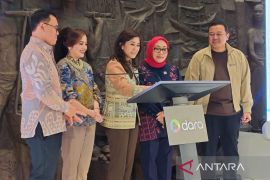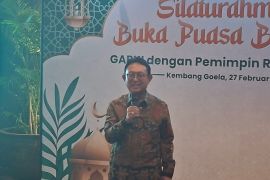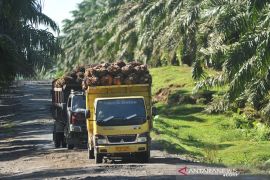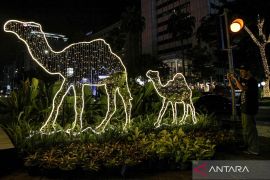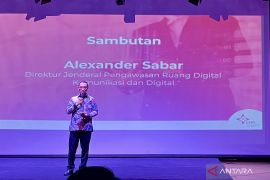A press release from Perhutani received by ANTARA here on Thursday mentioned that the cooperation agreement was made between the Executive Director of Perhutani, Denaldy M. Mauna, and the CEO of Korea Western Power (KWP), Jung Ha Hwang, in Seoul, South Korea, on Friday (April 7).
Denaldy stated that the cooperation allows Perhutani Group to develop a biomass plant of 200 thousand hectares, which will produce 3.2 million tons of woodchips.
The amount of woodchips can generate an electricity plant of 800 megawatts per year. This means that biomass energy can reduce the use of fossil energy (diesel) of Rp2 trillion per year.
"The development of a biomass power plant is important considering that the worlds most renewable energy is using biomass such as tree wastes. Perhutani has many opportunities to develop biomass energy from forests, including from sago wastes, in West Papua, "he noted.
The cooperation was initiated from the government-to-government agreement between Indonesia and South Korea in 2007 on the management of forest area of 500 thousand hectares.
In 2009, Perhutani followed up the agreement by planting fast-growing species of sengon trees (Albazia Falcataria), Acacia mangium, and Gmelinia arborea on an area of 7424.19 hectares with Korean Indonesia Forestry Center, which is a subsidiary of the National Forestry Cooperatives Federation.
There was also cooperation between Perhutani and the Korean Forestry Promotion Institute (KoFPI) in 2013 for planting Gliricidia on 1.5 thousand hectares of Perhutanis area in Central Java.
During his visit to South Korea, Perhutanis Executive Director also met with KoFPI and the leading management of KEWP to discuss further cooperation on biomass planting on 10 thousand hectares and the processing industry.
"We plan to develop a biomass area of 200 thousand hectares. Some parties have discussed the plan with Perhutani, namely Hyundai Corp., Aju Corp, GS EPS, UC Plant, and Korbi," Denaldy pointed out.(*)
Editor: Heru Purwanto
Copyright © ANTARA 2017
